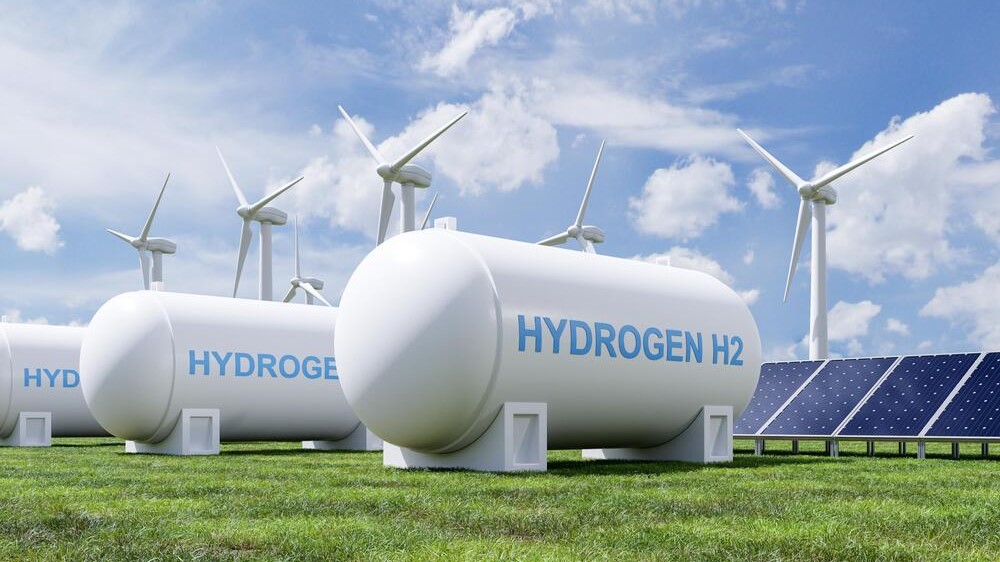Andhra Pradesh Government has proposed to make Visakhapatnam the first green hydrogen city in India even as the Centre has announced to drastically cut the cost of green hydrogen by a fifth over the next five years by offering incentives worth $2.2 billion. The National Green Hydrogen Mission has been finalised by the Government of India with an outlay of Rs 19,744 crore from FY24 to FY30 to make India a global hub for production, usage and export of green hydrogen and other forms of renewable energy, said Pankaj Jain, Secretary, Ministry of Petroleum and Natural Gas.
He disclosed this while speaking at the inaugural session of the two-day Energy Environment Summit with focus on Hydrogen Energy Resource & Opportunity (HERO)-2023 organised by Indian Institute of Petroleum and Energy (IIPE), Visakhapatnam.
Expressing concern over excessive use of fossil fuels, he said the government is giving thrust on renewable energy production so as to achieve targets set for net zero carbon emissions as part of building a decarbonised economy.
The mission envisages that India’s green hydrogen production will reach 5 MMT per annum leading to substantial reduction in dependence on crude exports thereby bringing down the usage of fossil fuels. The mission aims to stop import of fossil fuels worth Rs 1 lakh crore by 2030.
He said the government is confident of avoiding about 50 MMT per annum of CO2 emissions by producing and using the targeted quantum of green energy.
Tags: AP, Green Hydrogen, India, Vizag



Recent Posts
Hygenco Commissions Maharashtra’s First Green Hydrogen and Oxygen Facility to Power STL’s Net Zero Goals
India Invites Second Round of R&D Proposals Under ₹4 Billion Green Hydrogen Mission
BMTC Adds 148 Tata Electric Buses to Bengaluru Fleet, Strengthens Green Mobility Drive
MITSUI E&S Deploys Hydrogen Fuel-Cell RTG Crane at Yokohama’s Minami Honmoku Terminal
WinGD’s first ammonia-fuelled engine installed on EXMAR vessels
DP World and Asian Terminals Inc deploy first fleet of electric internal transfer vehicles in the Philippines
Lloyd’s Register Decarbonisation Hub Joins Mærsk Mc-Kinney Møller Center as Knowledge Partner
Wärtsilä engines selected to deliver reliable power for US data center